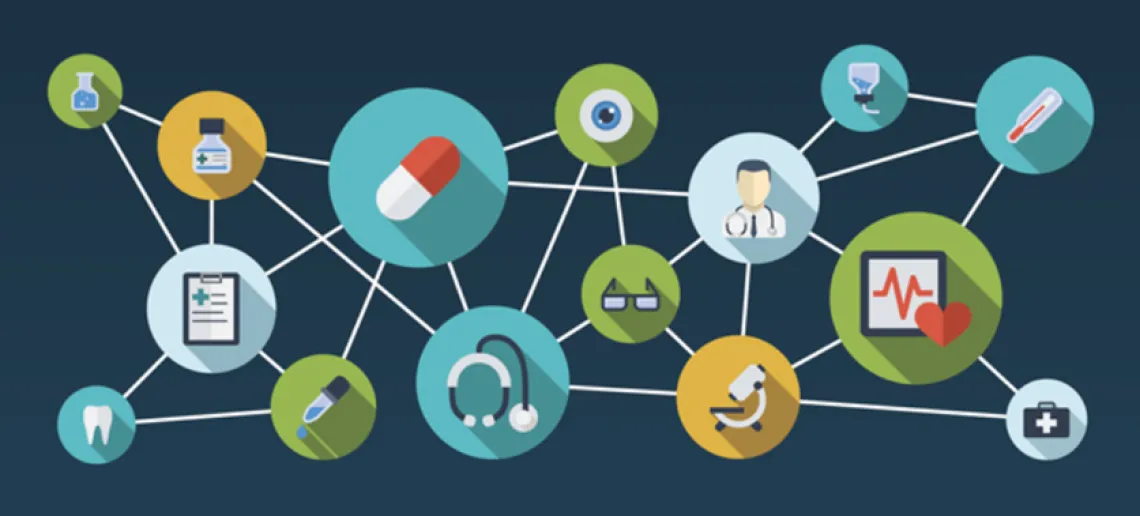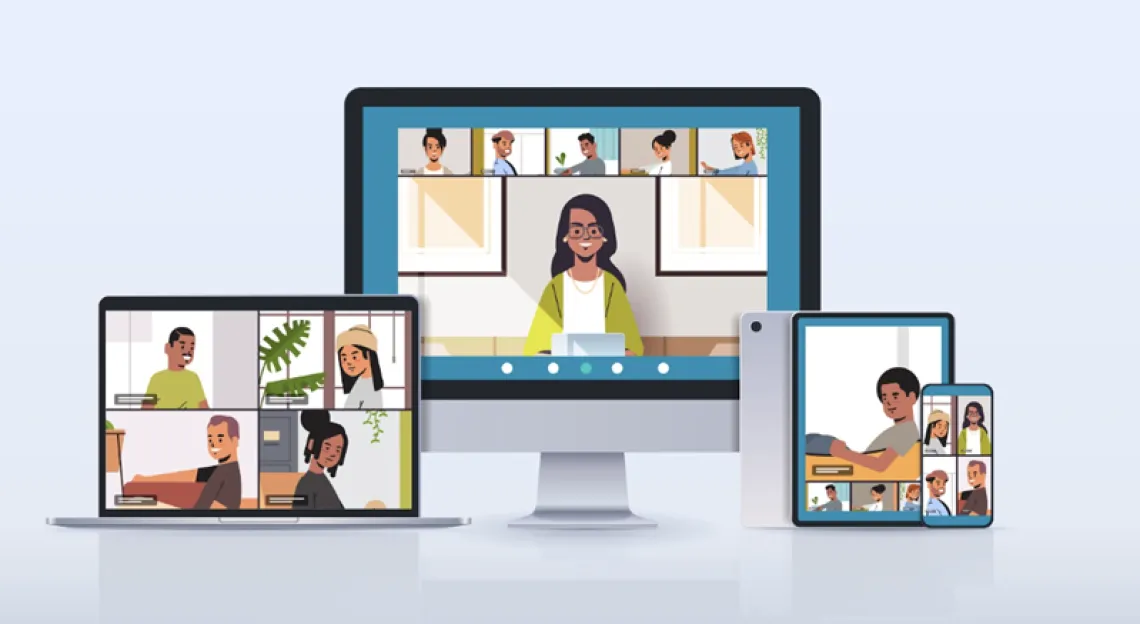The CACTI Blog: Increasing Accessibility to Health Research for the Intellectual and Developmental Disabilities Community

By Freya Abraham, 2022 – 2023 Undergraduate Certificate in Developmental Disabilities and 2023-2024 Research Assistant

I grew up in Maricopa, Arizona before there was a hospital in town. Many families, including my own, traveled to Chandler or Phoenix when they faced a health problem that our local clinics couldn’t handle. As I learned more about the tremendous progress in medicine as a high school student, I understood that low-income, rural patients were less likely to benefit from these discoveries. The barriers of transport, cost, and other issues prevented communities like my own from accessing ongoing health research. As I began my journey in research as a college student, I kept this in mind, wanting to produce the kind of work that is accessible to people from all walks of life.
While earning my undergraduate certificate in Developmental Disabilities with the University of Arizona Sonoran Center for Excellence in Disabilities, I learned that the disability community is often left out of opportunities to be involved in innovative research. Individuals with intellectual and developmental disabilities (IDD) are left out of many studies, not just because of a transportation or cost barrier, but because typical research methods didn’t include accommodations for them. People with IDD can be specifically excluded from participation based on a study’s guidelines, even if that study involves a topic that could be important to a person with an IDD, such as “heart health” or “healthy mindset” (Feldman, 2014). Researchers have looked into this disparity and found potential reasons individuals with IDD might not be invited to participate in research. These reasons include having to adjust study instructions into plain language and needing to refine the consenting process in their work to suit diverse intellectual capabilities (McDonald, 2022). As a family member of someone with an IDD and someone who loves health research, I wanted to help overcome these challenges. As a Sonoran Center trainee, I engaged in work to make studies more accessible to the IDD community.

With a team of health researchers from the Sonoran Center, I assisted Dr. Yumi Shirai on a project selected by the Patient-Centered Outcomes Research Institute (PCORI). We helped bridge the gap between the IDD community and health researchers. Through virtual sessions, we trained IDD advocates across a wide age range in the principles of health research. I had the chance to watch these individuals ask questions about the research process, examine the quality of information from different sources, and look at how research is at work in their own lives. Wanting to keep our focus person-centered, the trainings we used have engaged participants with their own health stories. Developing their unique health stories encourages them to look at what health means to them and what aspects of their life are vital to their well-being. These advocates are equipped with both the technical research knowledge they need and the personal knowledge of their own health experiences. This will allow them to more easily interact with current health researchers and better express their interests in ongoing projects.
We also heard from stakeholders in the IDD community. We shared our project actions and goals with parents and caregivers of individuals with IDD and received their feedback through listening sessions. I learned so much about the distinct health issues faced in the IDD community through the stories of these families. From managing a variety of specialist appointments to transitioning from pediatric to adult care, there are many challenges families and individuals have to face in order to secure the best care possible. As a future health professional, it was incredibly important for me to hear from the experts in dealing with these issues on the points of pain in these processes. What works for one family might not work for another, depending on their location, support system, and other factors. The topics that diverse stakeholders wish to address have helped inform our own study’s concepts of issues that are important to the IDD community. Their concerns should also be prioritized when communicating with current health researchers.
I worked on creating a resource guide for health researchers themselves. This guide includes resources describing the benefits of involving participants with IDD in studies and several tools that researchers can use to do so. I hope to make it easier for investigators to adapt their research to be accessible to those with an IDD by connecting them to relevant information. Overall, this PCORI project showed me how a complex issue can be addressed in a person-centered and deeply effective manner. From training self-advocates, to informing our work with stakeholder priorities, to making connections to health researchers, I will never forget the amazing opportunity I had to work with the IDD community from a variety of perspectives. The IDD advocates I’ve met are eager to participate in studies and are certain that their unique perspective will add value to the work they’re involved in. Their advocacy is what will lead to more and more research becoming accessible to, and benefitting from, the participation of individuals with IDD.
Works Cited:
Feldman MA, Bosett J, Collet C, Burnham-Riosa P. Where are persons with intellectual
disabilities in medical research? A survey of published clinical trials. J Intellect
Disabil Res. 2014 Sep;58(9):800-9. doi: 10.1111/jir.12091. Epub 2013 Sep 3. PMID: 24001184.
McDonald KE, Schwartz AE, Sabatello M. Eligibility criteria in NIH-funded clinical trials:
Can adults with intellectual disability get in? Disabil Health J. 2022 Aug
20:101368. doi: 10.1016/j.dhjo.2022.101368. Epub ahead of print. PMID: 36123292.
The CACTI Blog features the voices of our interdisciplinary trainees and Community Advisory Council members as they highlight diverse images of people with disabilities and provide community information and advocacy on disability issues. Check Out The CACTI Blog
